Tag: Featured
-

Kansas jobs, March 2019
Employment in Kansas continues to mostly grow in March 2019, but continues a trend of slower growth than the nation.
-
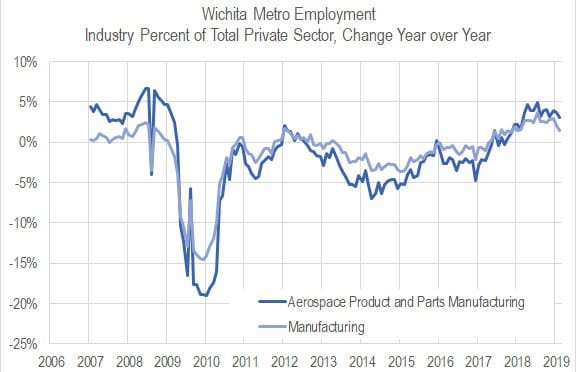
Wichita aerospace manufacturing concentration
Wichita leaders want to diversify the area economy. Has there been progress?
-
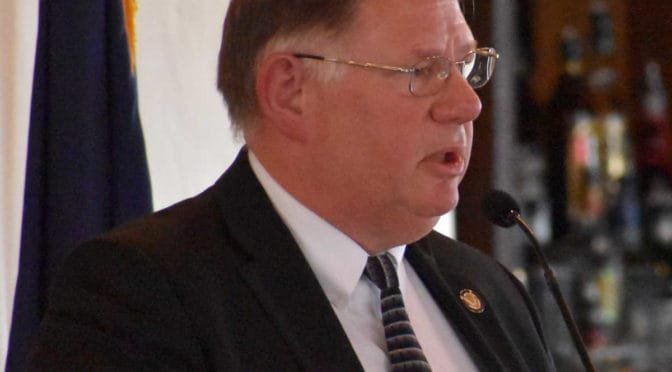
From Pachyderm: Majority Leader Dan Hawkins
From the Wichita Pachyderm Club: Kansas House of Representatives Majority Leader Dan Hawkins.
-
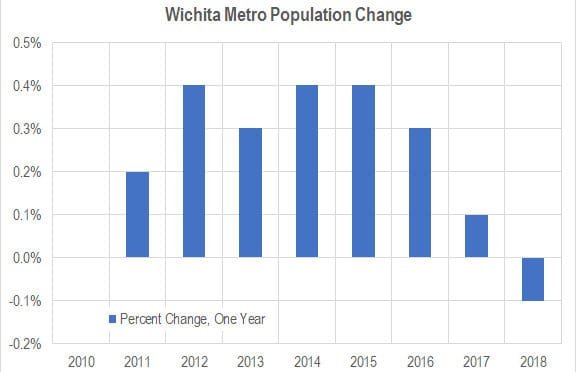
Wichita population falls; outmigration continues
The population of the Wichita MSA fell from 2017 to 2018, and net domestic migration continues at a high level.
-
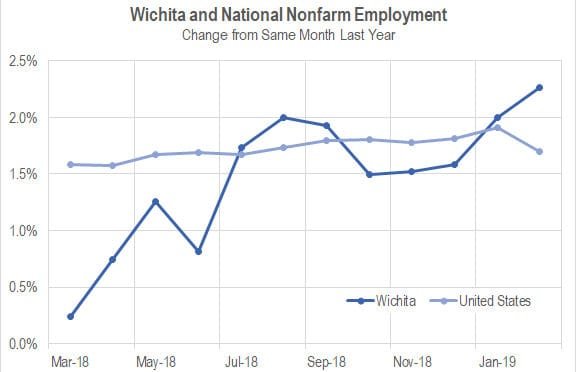
Wichita jobs and employment, February 2019
For the Wichita metropolitan area in February 2019, jobs are up, the labor force is up, and the unemployment rate is down when compared to the same month one year ago. Seasonal data shows a return to job growth.
-

Kansas personal income
For 2018, the rate of personal income growth in Kansas was near the bottom of the states, although the fourth quarter was much better.
-

Pay no attention to the Ferris wheel on the riverbank
When the City of Wichita shows architectural renderings, are we to treat them as promises, or as someone’s unrealizable dream?
-

In Wichita, we don’t know who we’re dealing with
Wichita takes a big risk entering in a public-private partnership without knowing its partners.
-

Updated: Kansas hotel guest tax collections
Kansas hotel guest tax collections presented in an interactive visualization. Updated through January 2019.
-

Kansas jobs, February 2019
Employment in Kansas shows a seasonal decline for February 2019.
-

Wichita considers a new stadium
The City of Wichita plans subsidized development of a sports facility as an economic driver. Originally published in July 2017.
-
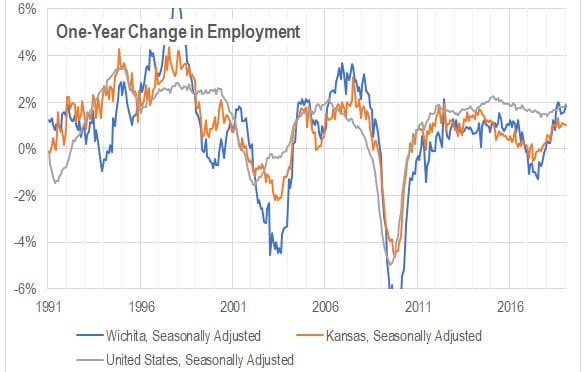
Wichita and national jobs
Growth of employment in Wichita compared to the nation.